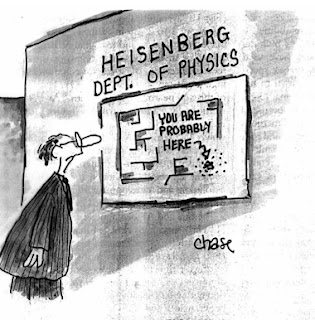The "Epicycles" of Einstein's Special Theory of Relativity: Implications for the Doppler-Effect and "Dark Matter"

In the pusuit of physics-knowledge it is possible to obtain a model that fits the experimental data but which is based on the impossible. The classic example is the epicycles which had been used to model the motion of planets. It is probable that there could still exist other physics-models that fit experimental data but which are similarly based on the impossible. It is imperative that such models must be found and the impossibilities (on which they are based) rejected, since such impossible-physics obscures the understanding of real physics. Here, Einstein's scenario, which he invoked to derive and interpret the equations of the Lorentz coordinate-transformation, is analysed and it is concluded that, just like epicycles, his "derivation" of the Lorentz-transformation in terms of his proposed scenario, is based on the impossible. It is found that the Lorentz-transformation of time is not caused by "time-dilation", which is impossible physics, but by the Doppler-effect which, owing the the non-existence of the aether, demands that the untransformed and transformed position-coordinates cannot be coincident in space, and the untransformed and transformed times cannot be simultaneous times. This interpretation of the Doppler-effect indicates that dark matter is not required to understand the motion of luminous matter within galaxies.


Comments
Post a Comment